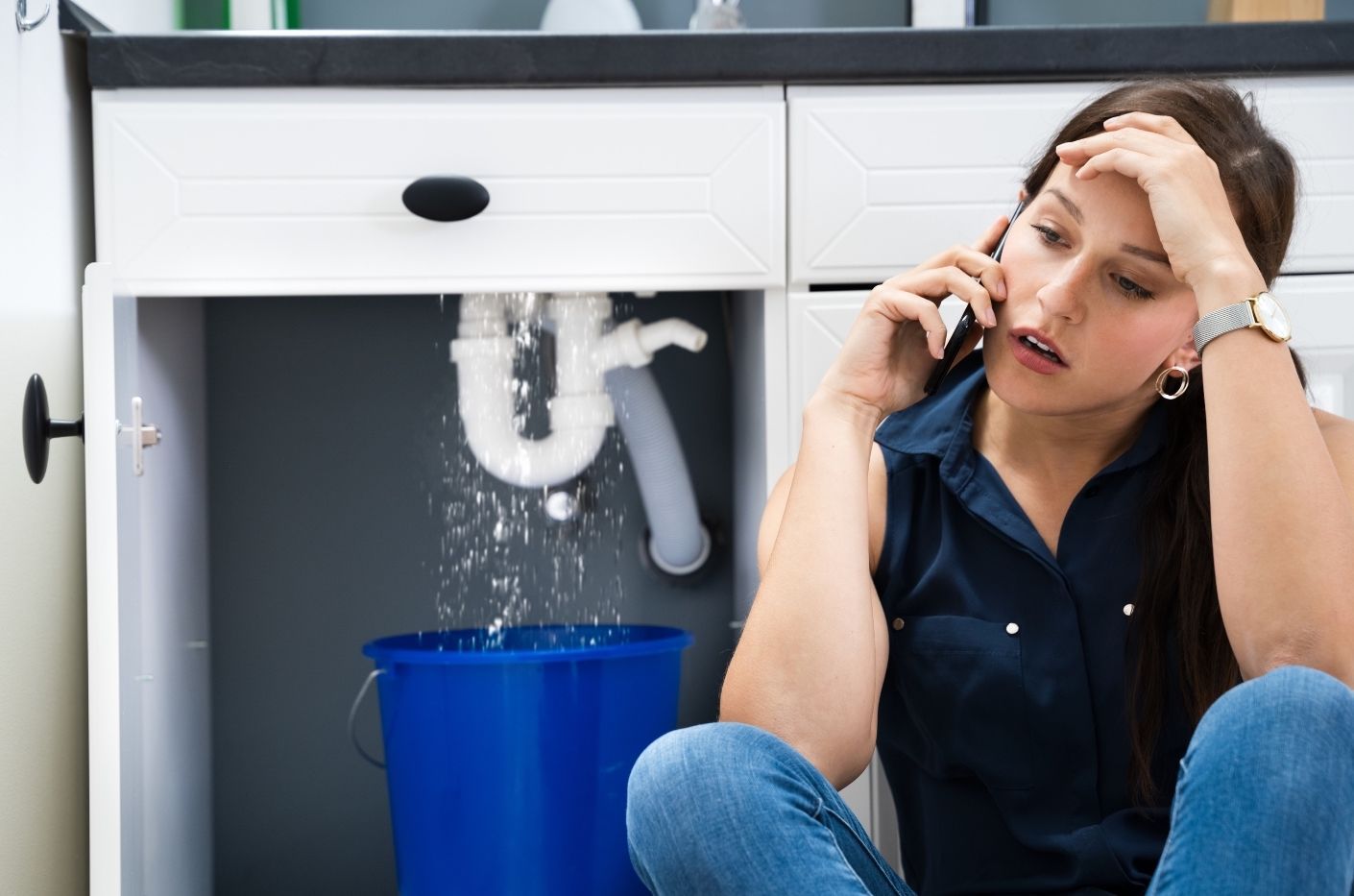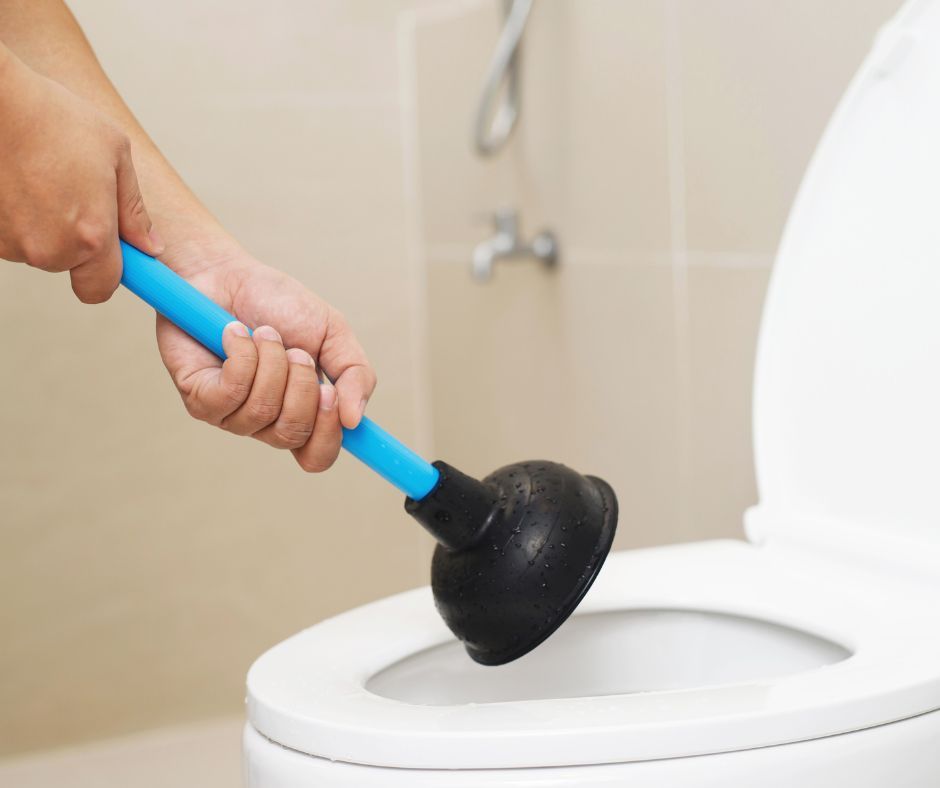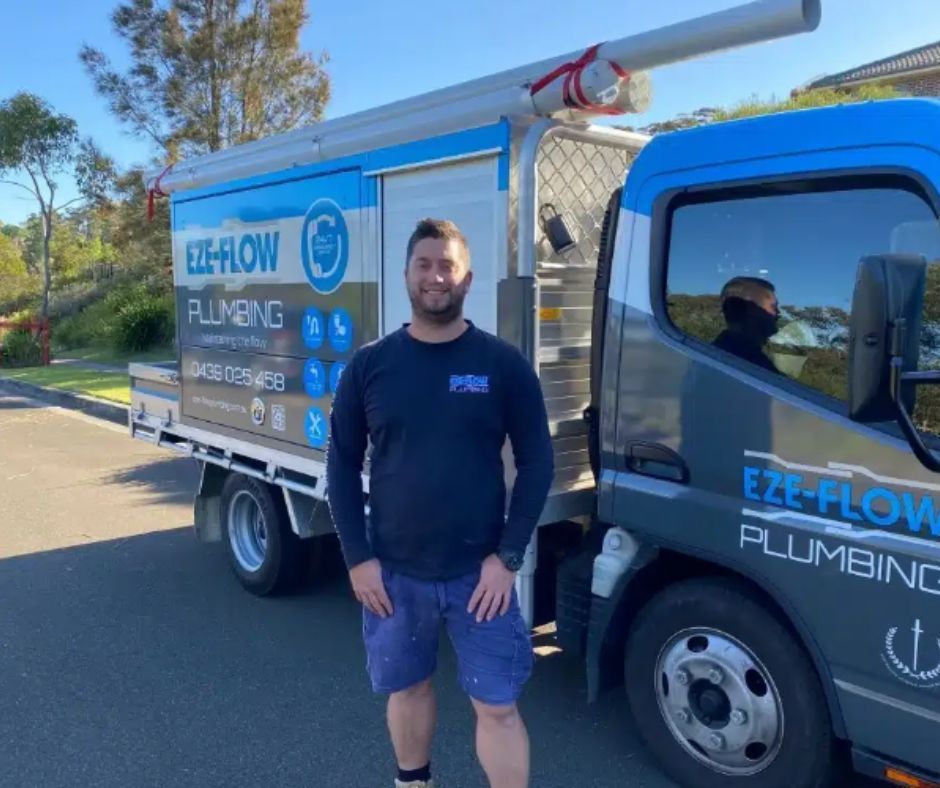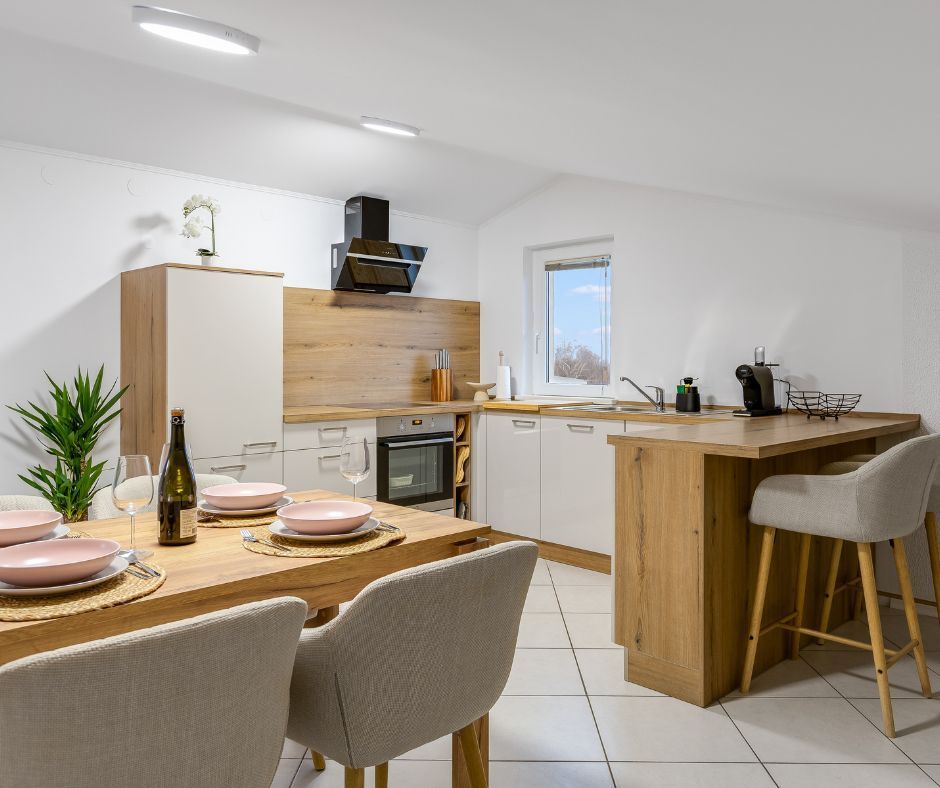Debunking the Most Common Plumbing Misconceptions
Ever found yourself scratching your head over plumbing problems and wondering if all the advice you’ve heard is spot on? With so many different suggestions, it’s easy to get tangled up in a common plumbing myth that could end up costing you more in the long run.
Let's cut through the noise and set the record straight on those plumbing myths that might be throwing you off track!
What's with Common Plumbing Misconceptions?
Misconception can easily lead us to make choices that either make the problem worse or end up costing us more. By busting those common plumbing myths, we can make more informed decisions and maintain our plumbing systems in better condition.
So, why do we have so many plumbing misconceptions floating around? It usually boils down to old advice, a bit of confusion, or just plain misinformation. Sometimes, people follow well-meaning but incorrect tips or misinterpret how their plumbing systems work. By getting the facts right about common plumbing misconceptions, you can keep those bigger issues at bay and steer clear of unnecessary headaches and expenses.
Common Plumbing Myths and the Truth Behind Them
Let’s clear up the confusion and reveal the truth behind some of the most common plumbing myths.
Flushable Wipes Are Flushable
Despite their name, flushable wipes don’t break down like regular toilet paper. They can cause clogs and blockages in your plumbing system. It’s best to dispose of these wipes in the trash rather than flushing them.
Ignoring a Small Leak
A small leak might seem like a minor inconvenience, but it can lead to significant problems if left unchecked. Over time, even a small leak can cause extensive water damage to your home’s structure, encourage mould growth, and lead to higher water bills.
Put a Brick in Your Toilet Tank to Save Water
While putting a brick in your toilet tank might seem like a clever way to save water, it can actually disrupt the toilet’s flushing mechanism. This can lead to incomplete flushes, cause potential damage to the tank, and may even lead to costly repairs. Consider upgrading to a modern, water-efficient toilet instead.
A Plunger Can Fix Any Clog
A plunger is a handy tool for minor clogs, but it’s not a one-size-fits-all solution. Some clogs, especially those deep in your pipes or caused by more severe blockages, require professional-grade tools and expertise to resolve.
A Slow Drain Isn't a Big Deal
A slow drain might seem like a minor annoyance, but it can signal larger issues within your plumbing system. Slow drains often indicate partial blockages or buildup in your pipes, which can lead to more significant plumbing problems if not addressed.
Water Pressure Regulators Are Unnecessary
Water pressure regulators are important for maintaining the health of your plumbing system. High water pressure can cause significant damage to pipes and appliances. A water pressure regulator helps manage and stabilise pressure levels, which protects your plumbing components and extends its lifespan.
All Plumbers Are the Same
The quality of plumbing services can vary greatly between different providers. Not all plumbers offer the same level of expertise or customer service. Choosing a reputable plumber with a proven track record ensures that your plumbing issues are handled professionally and efficiently.
Pipe Insulation Is Only for Cold Climate
Pipe insulation isn’t just for preventing freezing in cold climates. It also helps prevent condensation on pipes, which can lead to water damage and mould growth in any climate. Proper insulation improves energy efficiency and helps maintain the integrity of your plumbing system.
Soap Will Clean Your Plumbing Fixtures
While soap can clean your plumbing fixtures, it often leaves behind residue and buildup that can affect performance and appearance. Have your fixtures checked by professionals to ensure they stay in good condition and are functioning properly.
Tightly Closing Taps Prevent Leaks
Over-tightening taps can cause more harm than good. Excessive force can damage the internal components of the tap. It’s better to turn taps off gently and correctly to avoid premature wear and tear.
Your Water Heater May Explode If It’s Making Noises
Noise from a water heater is often due to sediment buildup or other minor issues, not an impending explosion. Professional regular maintenance can address these noises and prevent more serious problems. Explosions are rare and usually result from severe neglect.
Water Leaks Are Always Visible
Not all water leaks are easy to spot. Some leaks can occur behind walls, under floors, or in other hidden areas, which may cause extensive damage before they’re detected. Regular inspections and maintenance are crucial for identifying these hidden leaks and preventing long-term damage.
You Don’t Need A Professional for DIY Repairs
While DIY repairs might seem like a cost-effective solution, they can lead to more problems if not done correctly. Professional plumbers have the expertise and tools to ensure repairs are done safely and up to code.
In some areas, like New South Wales, certain DIY plumbing fixes are deemed illegal. Hiring a professional guarantees that repairs are completed properly and in compliance with local regulations.
Debunk Common Plumbing Misconception with Eze-Flow Plumbing Experts
When in doubt about common plumbing misconceptions, it’s always best to consult with experts, like Eze-Flow Plumbing. We offer reliable services and accurate information to address all your plumbing needs, including leaking or burst pipes, blocked baths and blocked showers.
Don’t let plumbing myths lead to unnecessary issues. Contact us now to schedule a consultation, and ensure your plumbing system remains in optimal condition.












































































































